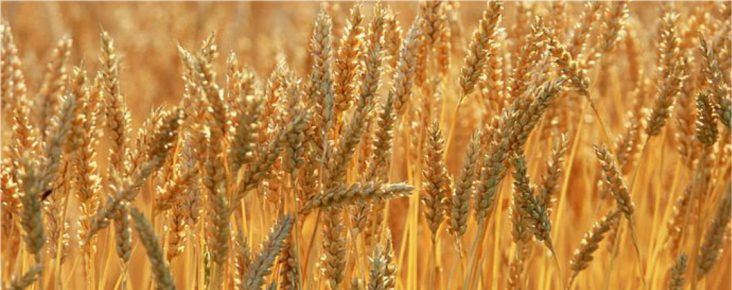World Trade Organization panel sides with U.S. in crop trade dispute with China, could help Arkansas farmers
by April 18, 2019 5:15 pm 547 views

U.S. Trade Representative Robert Lighthizer and Secretary of Agriculture Sonny Perdue announced Thursday (April 18) that a World Trade Organization (WTO) dispute settlement panel found that China has administered its tariff-rate quotas (TRQs) for wheat, corn, and rice inconsistently with its WTO commitments.
Contrary to those commitments, China’s TRQ administration is not transparent, predictable, or fair, and it ultimately inhibits TRQs from filling, denying U.S. farmers access to China’s market for grain, according to the WTO panel.
“This second important victory for the United States further demonstrates that President Trump will take all steps necessary to enforce trade rules and to ensure free and fair trade for U.S. farmers. The administration will continue to press China to promptly come into compliance with its WTO obligations,” Lighthizer said.
China’s grain TRQs have annually underfilled, officials claim. USDA estimates that if China’s TRQs had been fully used, it would have imported as much as $3.5 billion worth of corn, wheat and rice in 2015 alone.
Arkansas Farm Bureau Director of Government Affairs Matt King told Talk Business & Politics this will benefit state farmers. He wasn’t sure, however, in what way it could impact the ongoing trade war between the two countries. China has a large agricultural market and is always one of the top three importers for U.S. ag products, he added.
“We’re happy to see the WTO ruling. It should have a positive impact on growers … We’ve never had a fair shake,” King said. “It’s going to force China to have more transparency.”
China is good at importing and meeting its TRQ requirements for products such as cotton, but when it comes to some grains such as corn, U.S. farmers get much less market share in China.
“Making sure our trading partners play by the rules is vital to providing our farmers the opportunity to export high-quality, American-grown products to the world,” said Secretary Perdue. “Today’s announcement is another victory for American farmers and fairness in the global trade system. We will use every tool available to gain meaningful market access opportunities for U.S. grains and other agricultural products.”
When China joined the WTO, it made commitments specific to its administration of TRQs, including the commitment to administer its TRQs in a transparent, predictable, and fair basis, using clearly specified administrative procedures and requirements that do not inhibit the filling of each TRQ. In August 2017, the United States requested that the WTO establish a dispute settlement panel to consider whether China administers its TRQs for long-grain rice, short- and medium-grain rice, wheat, and corn in a manner inconsistent with its WTO commitments.
The panel report agrees with the United States that China administers its TRQs in a manner inconsistent with its Accession Protocol obligations, through its eligibility criteria, allocation and reallocation procedures, public comment process, and processing restrictions. In addition, China allocates a significant portion of each TRQ to a designated state-trading enterprise (STE) and does not subject the STE to the same rules applied to non-state trading enterprises applying for and importing grains under the TRQs. Each finding individually established that China’s TRQ measures are inconsistent with its obligations.
